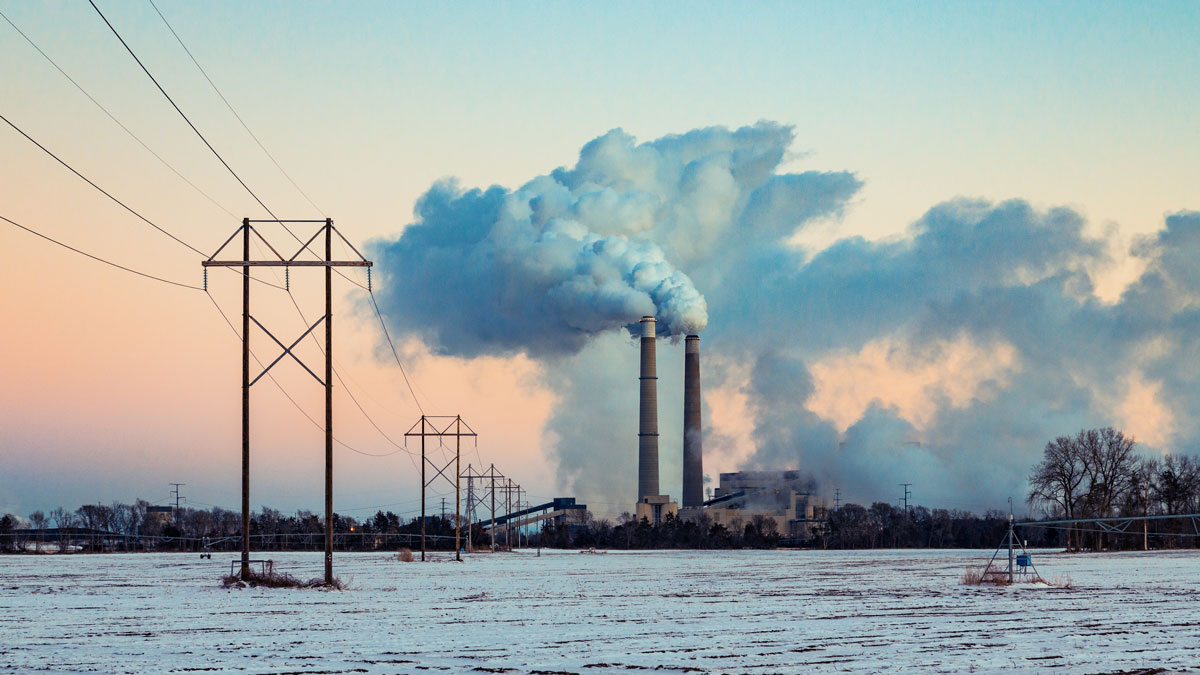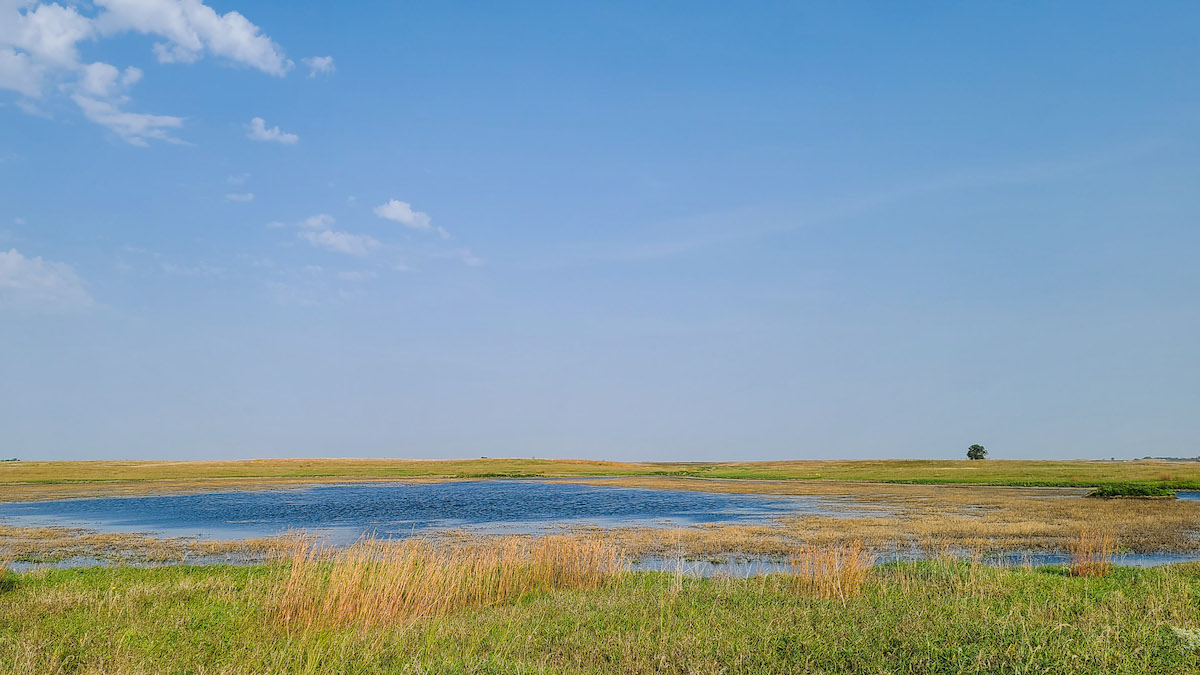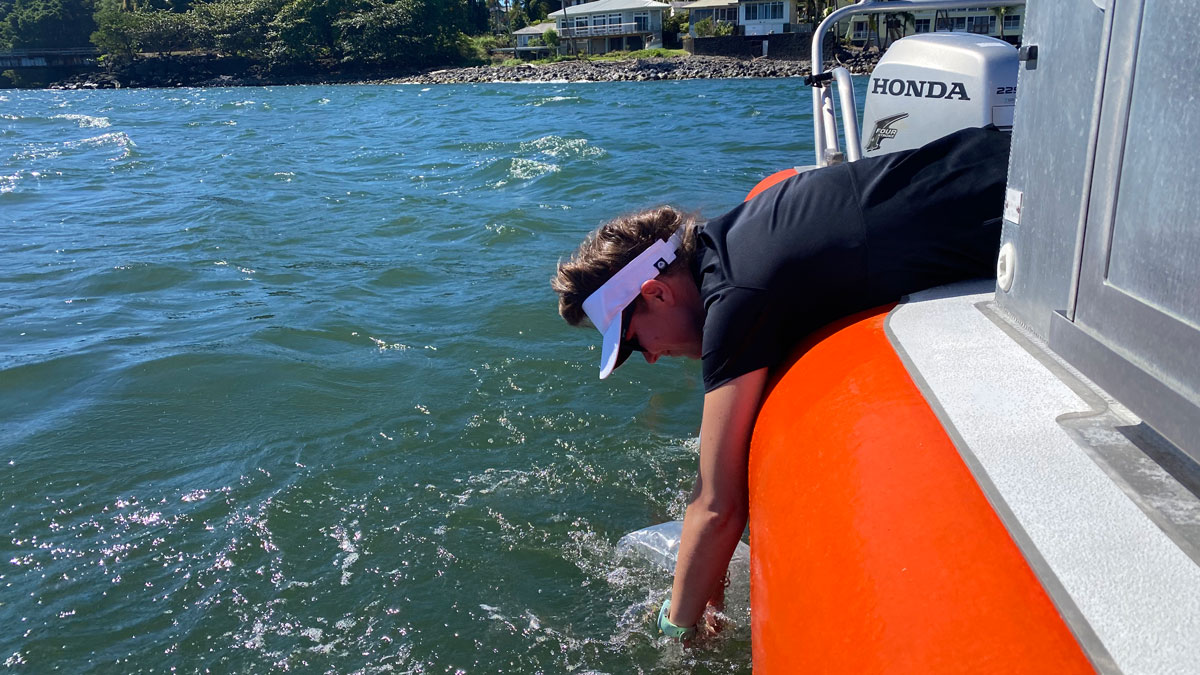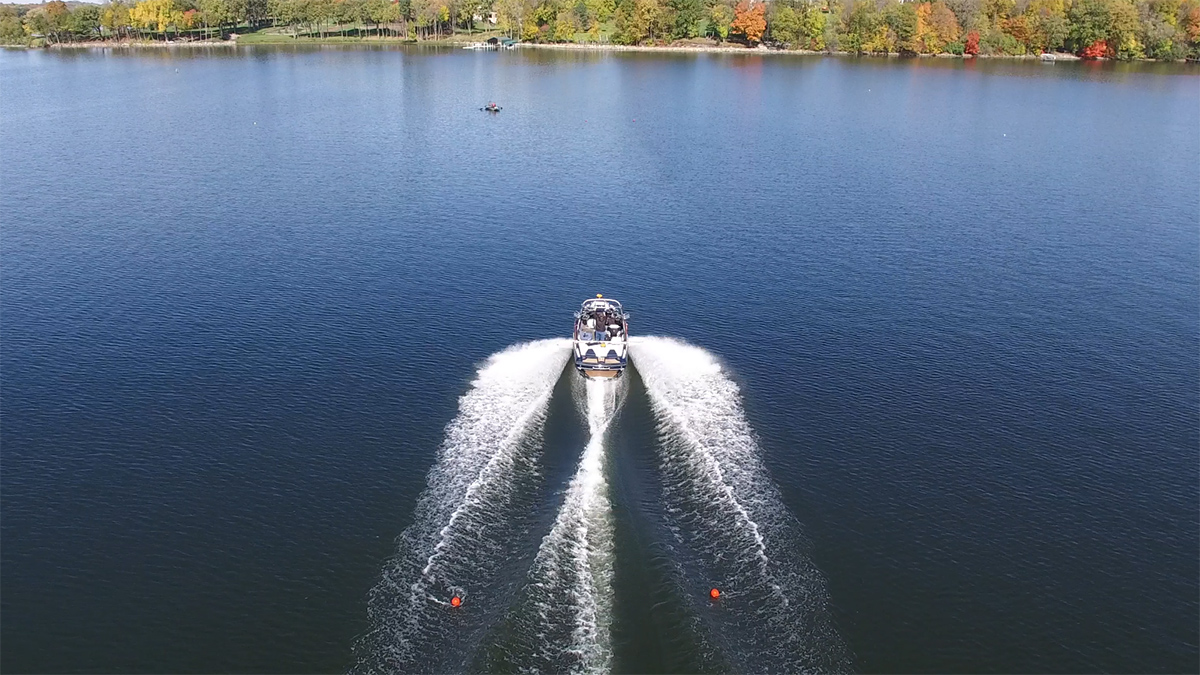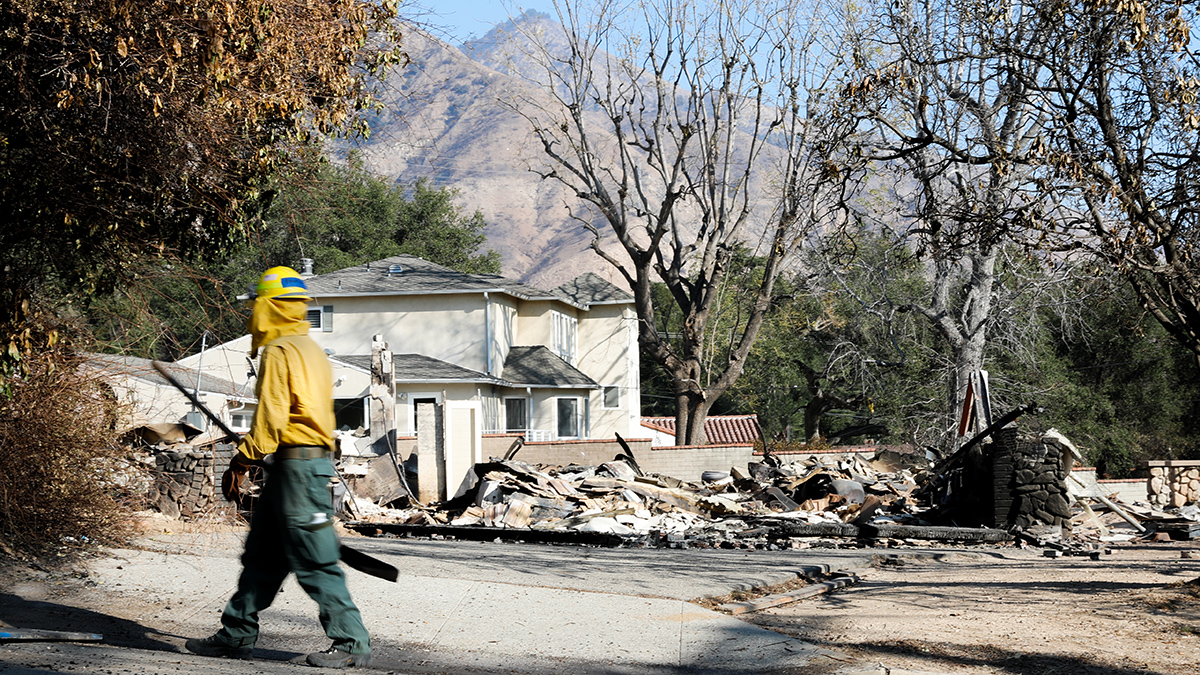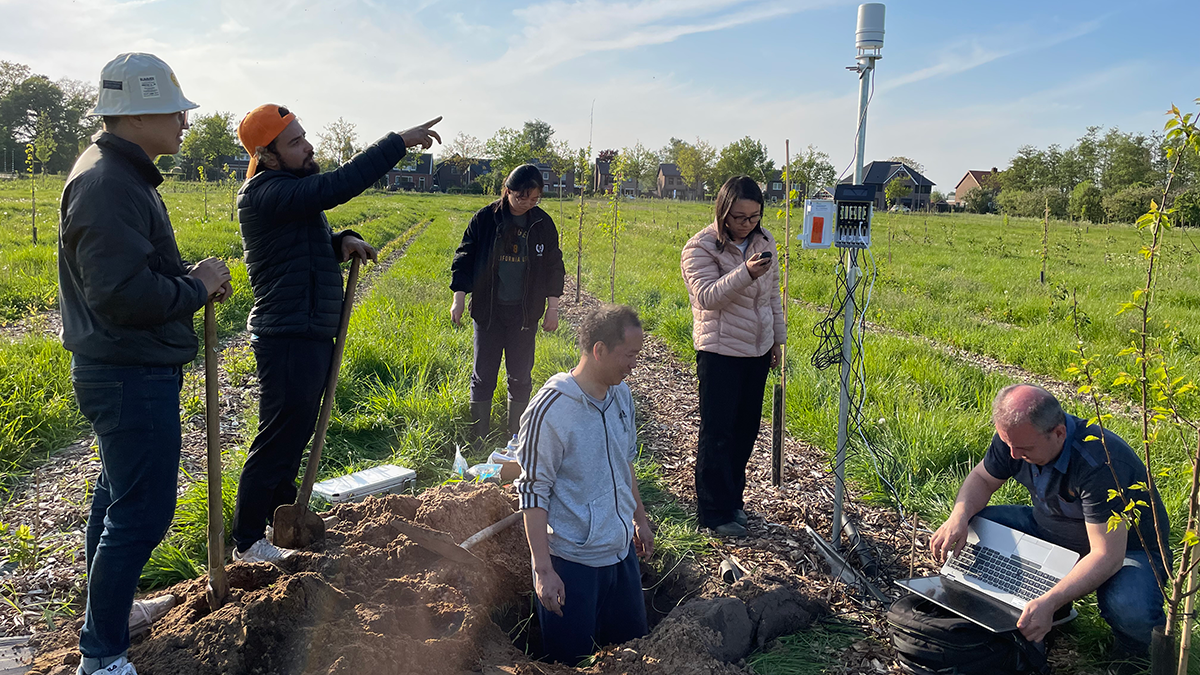Future astronauts need efficient, durable, and trustworthy closed-loop systems to provide water for missions lasting months to years.
Water quality
The State of the Science 1 Year On: Environment
Administration policies have eliminated funding sources, review processes, and pollution limits designed to protect the nation’s land, water, and air.
After Sackett, a Wisconsin-Sized Wetland Area Is Vulnerable
An analysis of wetland legal frameworks shows how water rules could leave millions of hectares without meaningful protections.
Pinpointing Sewage Seeps in Hawaii
Cesspools and septic systems, as well as coastal development, put Hawaiian coastal waters at risk of contamination.
Shallow Injection Imperfectly Filters Florida Wastewater
Injection of wastewater into shallow wells is meant to filter nutrients like nitrogen and phosphorus out of the wastewater. But a new study suggests that nutrients aren’t entirely eliminated—and may be polluting coastal waters.
A Debate over Wakes in the Land of 10,000 Lakes
Wakeboats are turning Minnesota’s lakes into summertime surf spots, but the artificial chop can shake up the lake bed, too. New wake data can help communities plan for responsible recreation.
When Disaster Science Strikes Close to Home
How have scientists across Los Angeles used their skills to help their communities recover from the 2025 fires?
Burning Urban and Wild Land Alike
When more densely populated Altadena and Pacific Palisades burned along with surrounding wildlands, hazards for residents didn’t stop when the fires were contained.
Kate Mulvaney: Bringing Human Dimensions to Water Resources
From small coastal towns to international ocean treaties, this EPA scientist has helped integrate social science into how people study and protect natural water resources.
Keeping Soil Healthy: Why It Matters and How Science Can Help
Healthy soil is the foundation of our food, clean water, and a stable climate, and cutting-edge science helps us to protect it.


